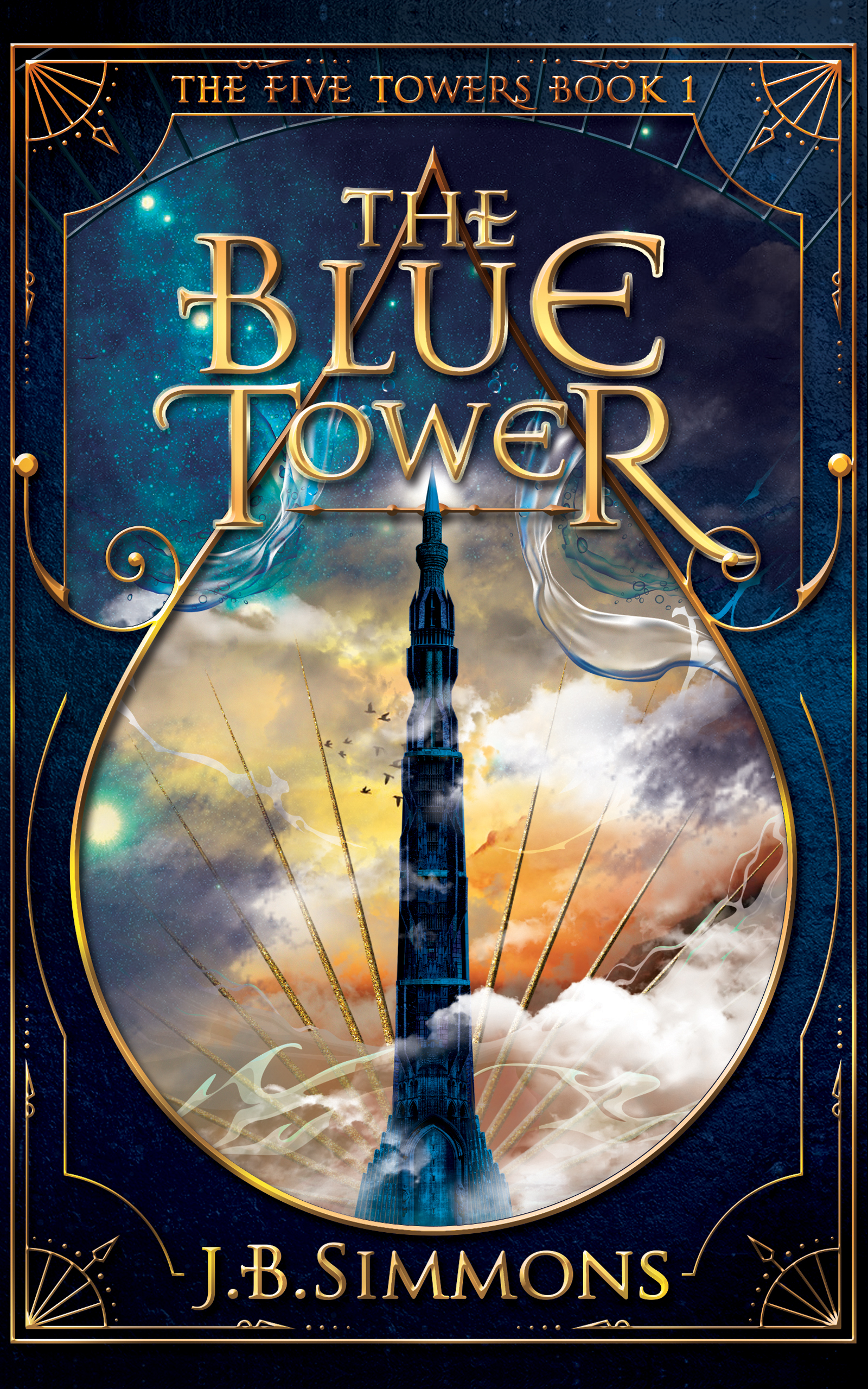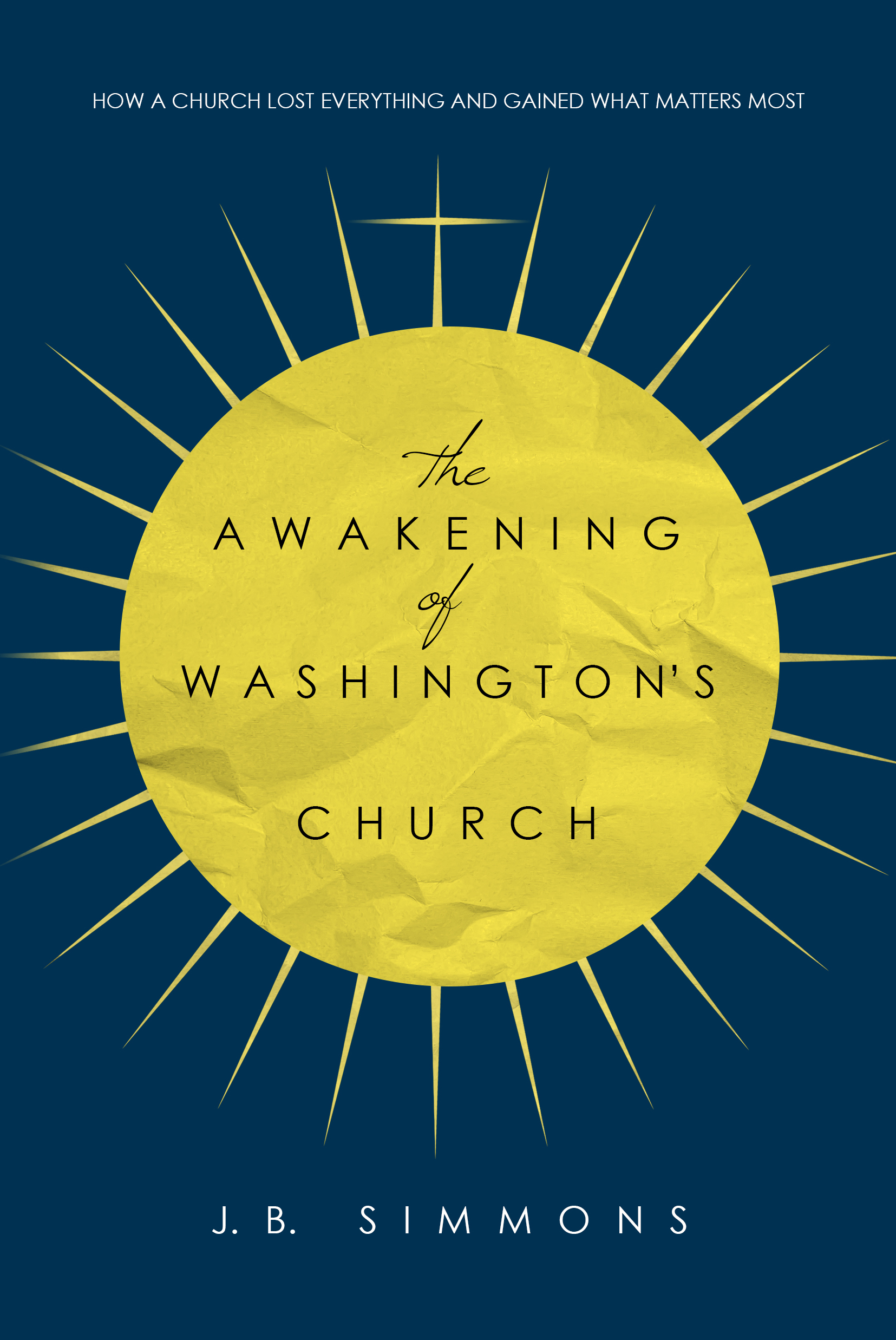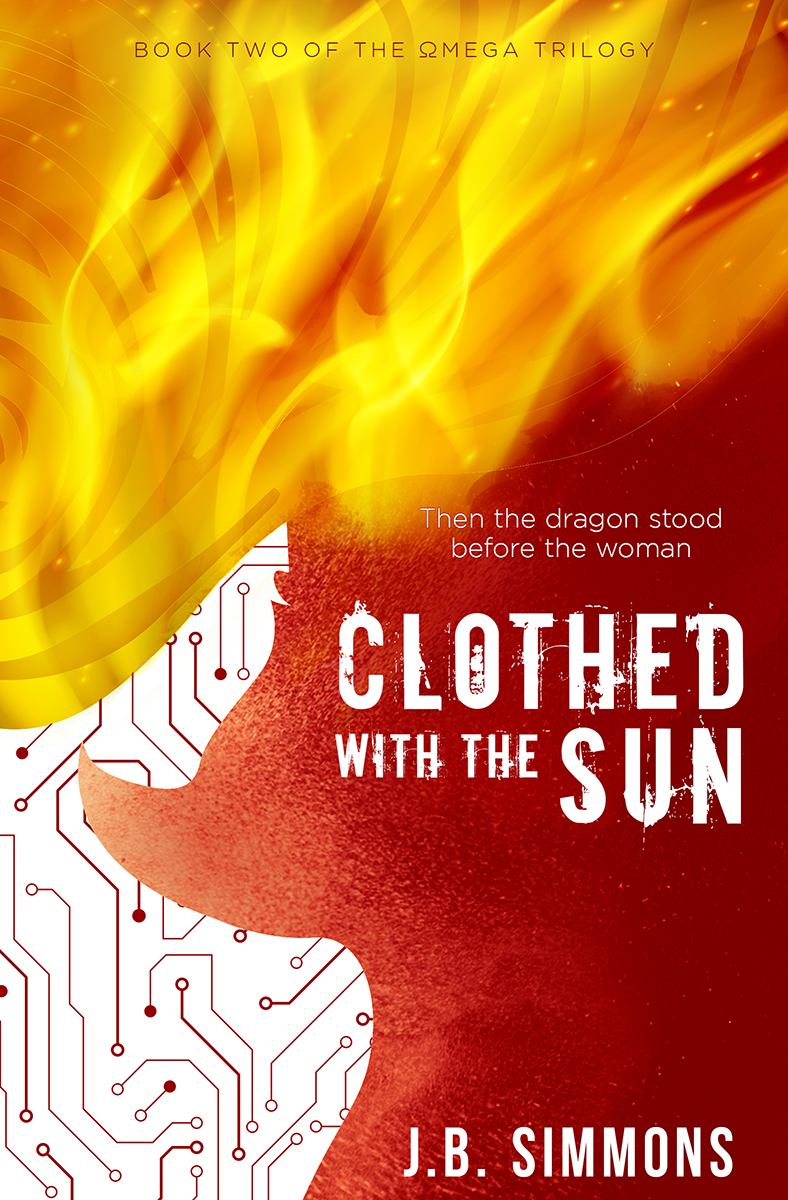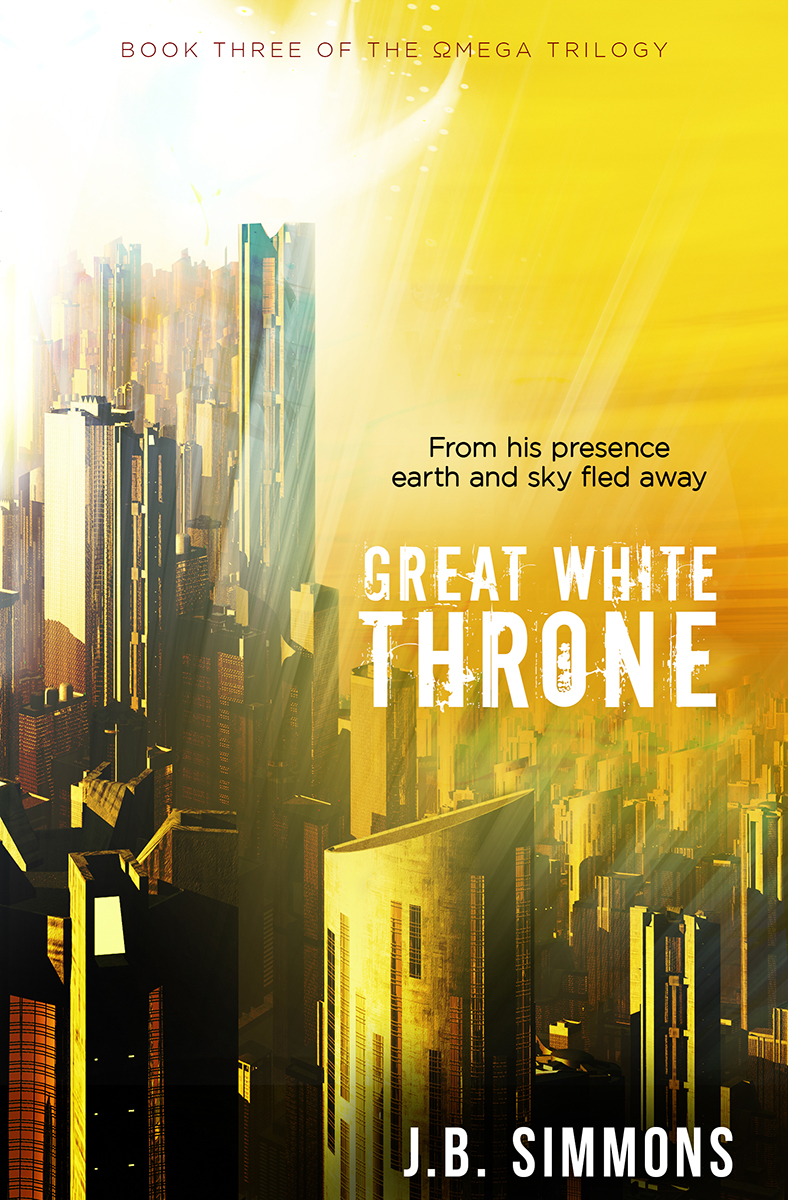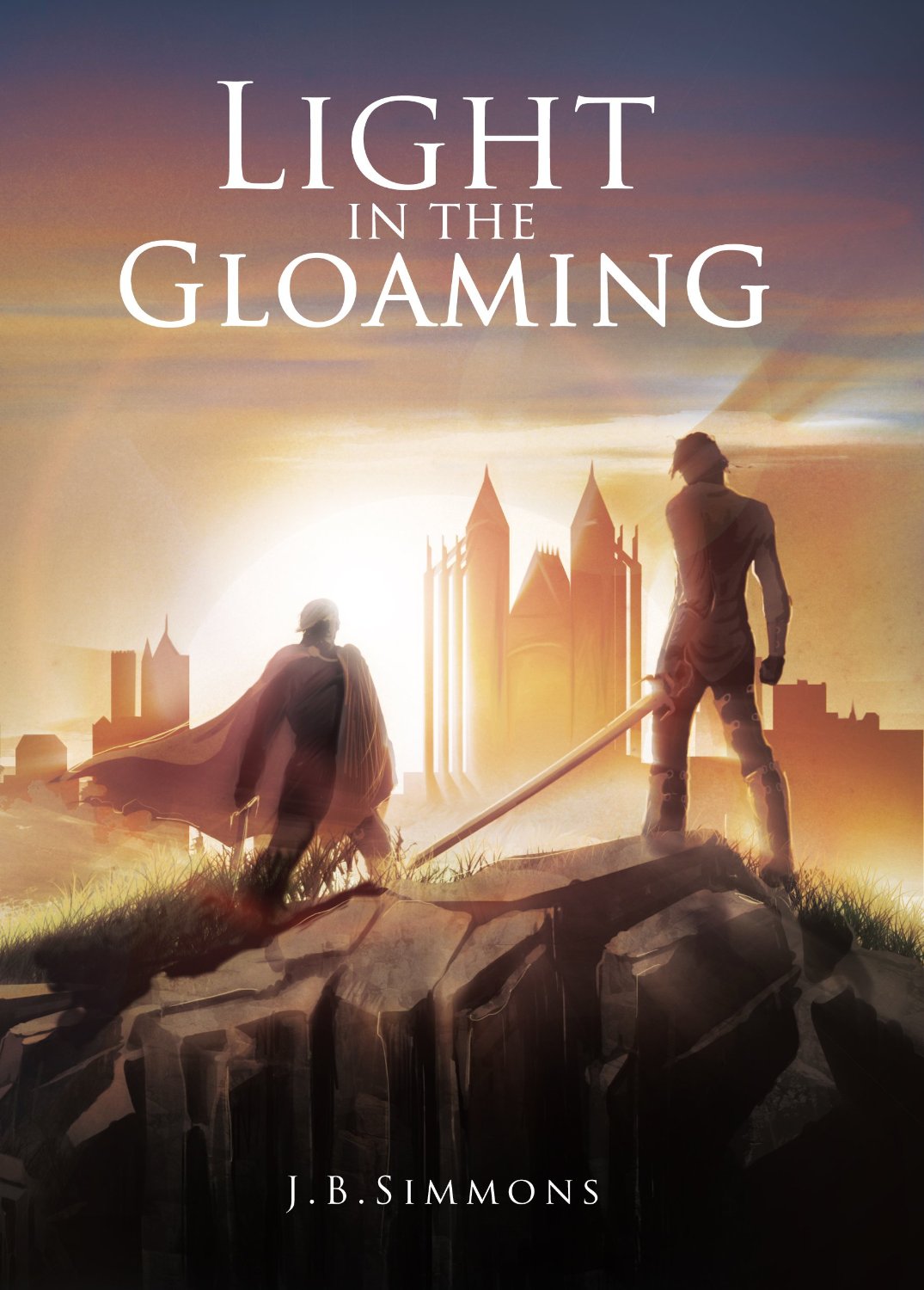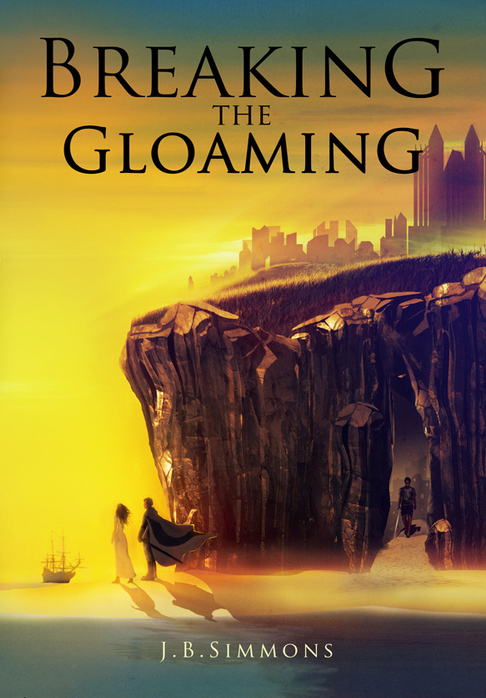Writing the Future: Real Technology in Fiction
/My upcoming trilogy takes place in 2066. As in, over fifty years from now, when no one knows what the world will look like. I have good reasons for picking 2066, but none of those reasons involve a desire to write science fiction. So what does a non-science-fiction writer do when writing about the future?
It boils down to this: the further a story gets from reality, the harder it is to care about it. The Lord of the Rings has elves and orcs. Hunger Games has advanced technology and dystopian government. We suspend disbelief because we care about what's real in these stories: characters struggling with challenges, good versus evil, love and friendship. We also suspend disbelief because these worlds hang together. They are, in a way, believable.
Here are two things I did to make the future believable and real in my story.
BBC’s Technology Predictions For The Next 150 Years
Source: http://www.bbc.com/future/story/20130102-tomorrows-world
First, RESEARCH. Apparently a lot of people like to ponder the future. They write about it. They create fancy images and timelines. To stay afloat among many unmoored prophecies, it's important to read a broad range of credible non-fiction about the future.
I started with googling the decade I'm writing about. That led to good insights on education (from Khan Academy), energy (by Big Think), and society (on Co.Exist). I also found these 110 Predictions For The Next 110 Years, this eerily-detailed future timeline, and BBC's fascinating infographic to the right >>
But googling isn't enough. I went deeper to better understand the trajectories of our technology. The best recent source was The Second Machine Age, by MIT professors McAfee and Brynjolfsson. It's a good read no matter what your interests are, but it was especially helpful at explaining where we've been and predicting where we're heading and why.
For example, an important concept in my book is the "precept" -- a computing technology that will be embedded in our normal brain functioning. Sound crazy? Well, here's what the MIT professors observed about artificial intelligence and "singularity" in The Second Machine Age:
"We might start to build digital tools that more closely mimic our minds, perhaps even drawing on our rapidly improving capabilities for scanning and mapping brains. And if we do, those digital minds will certain augment ours and might even eventually merge with them, or become self-aware on their own."
So maybe it's not so crazy. But if you try to predict too much, problems arise. Therefore...
Second, SIMPLIFY. The future can get complicated in a hurry. The key in writing fiction is to avoid trying to address all this uncertainty. Of course, any deviations from the present world should be explained, so readers can follow along. But sometimes, what you don't explain readers will still understand based on their own premonitions. Trust the readers' instincts, and don't over-explain or distract from your plot. Example: "I used my 3D-printed toothbrush" is a little too much.
We don't have to know all the answers to write about the future. But we do need to think about the good and bad trends, because writing about those trends is a powerful way to impact them. This is when fiction is at its best: real characters in real situations, whether they're in the future or not.
So, curious about what the world might really look like in 2066? Sign up for my email list to get a free sneak preview.
Make your future count -- J.B.


